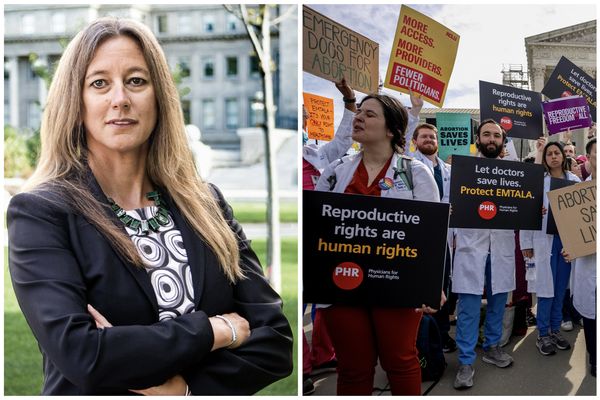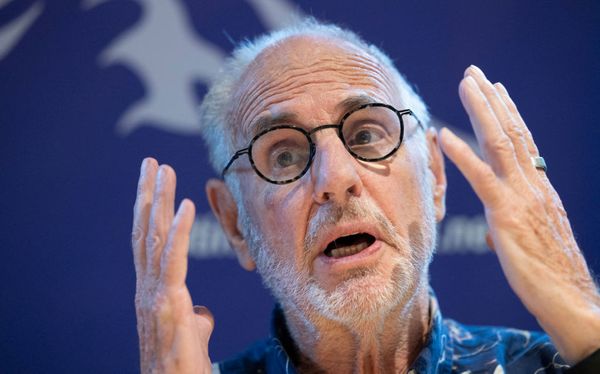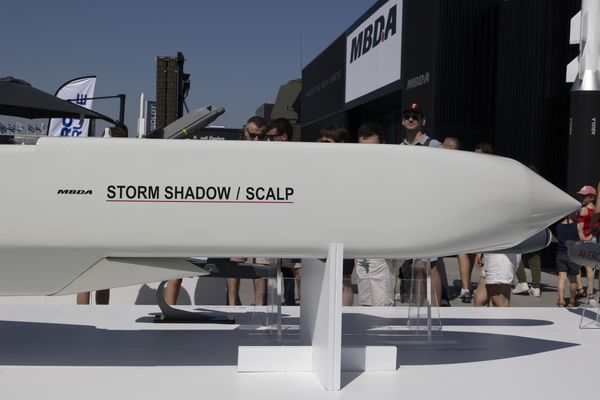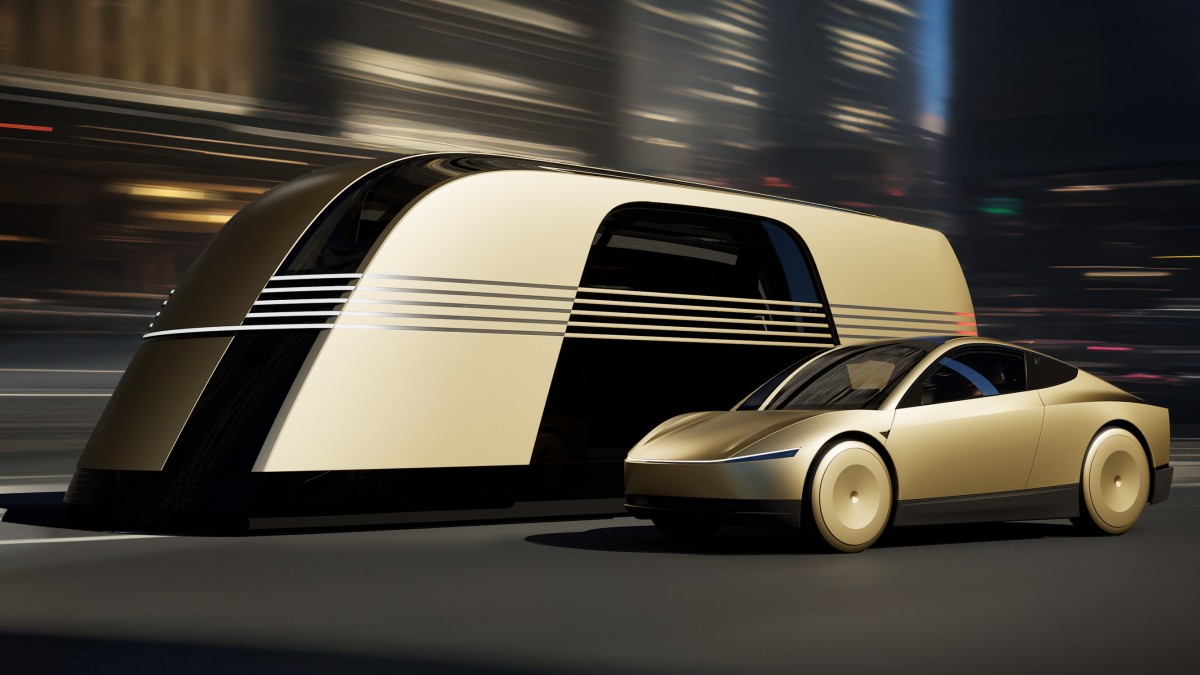
On the evening of Oct. 10, Tesla (TSLA) revealed the long-awaited Robotaxi during its "We, Robot" event at the Warner Bros. backlot in Burbank, California.
The vehicle and other future Tesla products shown during the event reflected an ideal future envisioned by its CEO, Elon Musk: one where robots like its humanoid Optimus do all the work and robotaxis do all the driving.
💰💸 Don’t miss the move: SIGN UP for TheStreet’s FREE Daily newsletter 💰💸
However, nearly two weeks later, many of the questions Tesla's retail investors raised before its third-quarter 2024 earnings call had nothing to do with autonomy, robotics, or artificial intelligence; but with a car they had initially been promised years ago.
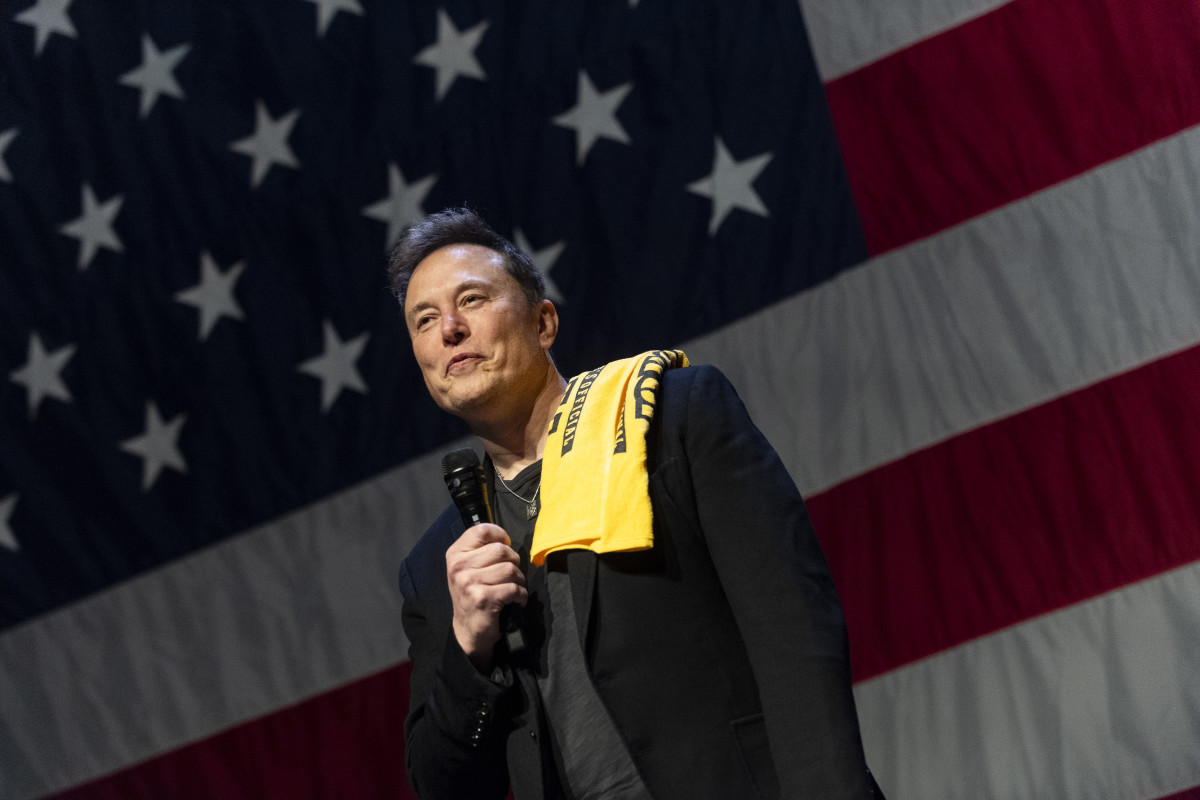
Elon's confusing statements on 'affordable' cars
Prior to the event, retail investors were invited to an anonymous Q&A forum on Say. The top questions that shareholders asked were about Tesla's mysterious "affordable model" that Musk had teased for years.
"Is Tesla still on track to deliver the more affordable model next year, as mentioned by Elon earlier, and how does it align with your AI and product roadmap?" the top-voted question read, representing 2.3 million total shares.
"When can we expect Tesla to give us the ~$25K, non-robotaxi, regular car model?" was the second highest-voted question, representing 1.4 million total shares.
During the earnings call's opening remarks, Musk noted that Tesla is "still on track to deliver more affordable models starting in the first half of 2025," noting that it can be the driver behind "20% to 30% vehicle growth next year."
Related: Analysts overhaul Tesla stock price target after earnings blowout
Additionally, when the top-voted question was delivered to Musk during the Q&A section, he added that such models will be "with incentive, sub 30K," noting that said car would cost less than $30,000 only after programs like IRA tax credits are accounted for.
But while Musk has reassured his audience about the budget Tesla model, the message abruptly changed when he was asked about the "~$25K, non-robotaxi, regular car model," as he seemed to take the similar but differently-worded question as one asking if Tesla would make a robotaxi with a steering wheel and pedals for $25,000.
"Having a regular, 25K model is pointless. It'd be silly. It'll be completely at odds with what we believe." Musk said.
"It's not going to be as good as a dedicated autonomous car. [...] Cybercab is just not going to have steering wheels and pedals. It's only designed to optimize for autonomy."
More Business of EVs:
- A ridiculous Tesla Supercharging flaw is making EV owners hostile
- Study: EV charging stations have a secret built-in business benefit
- Mercedes latest tech is ahead of Tesla in one key area
Tesla versus the industry status quo
Elon's mixed messaging about Tesla's strategy behind releasing a lower-priced electric vehicle comes at a time when auto analysts are witnessing an "affordability shift" in the behaviors of new car buyers, who are turning to smaller, more affordable cars and SUVs at rates that haven't been seen since before the COVID-19 pandemic.
According to a new report by the Associated Press, vehicles in the $20,000-to-$30,000 range are "the fastest-growing segment of the nation’s new-auto market."
Tesla's mixed messaging also comes as established automakers like Ford (F) and General Motors (GM) catch up to Musk's coattails.
Both Detroit rivals are making an effort to make their current offerings more attractive against Tesla's volume seller: the Model Y. Despite an entire shakeup of its EV strategy, the base price of Ford's Mustang Mach-E has been cut by $3,500 to just $36,495 for 2025 — widely undercutting the $44,990 Model Y before incentives.
Even more enticing, General Motors' Chevrolet has begun rolling out the Equinox EV at a price point of $33,600, or $26,100, before fees and after the $7,500 IRA Federal tax credit.
Tesla Inc., which is listed on the NASDAQ as TSLA, is up 28.34% at the time of this writing, trading at $252.88 per share.
Related: Veteran fund manager sees world of pain coming for stocks
